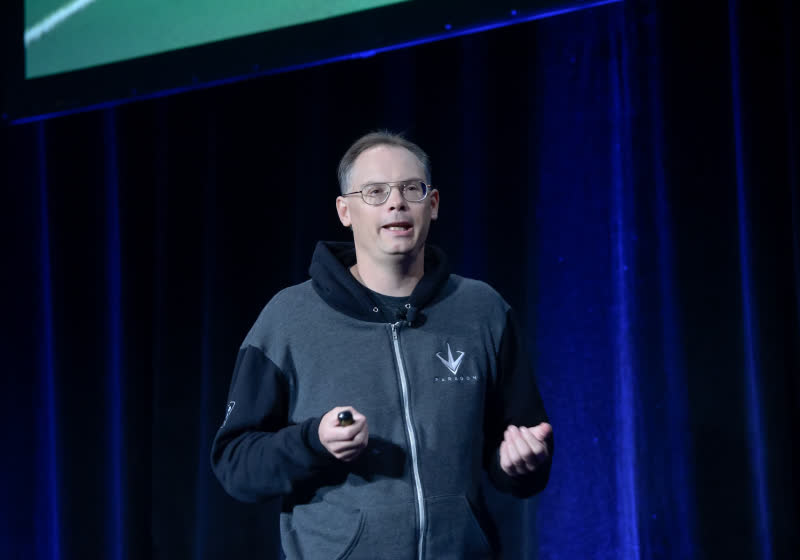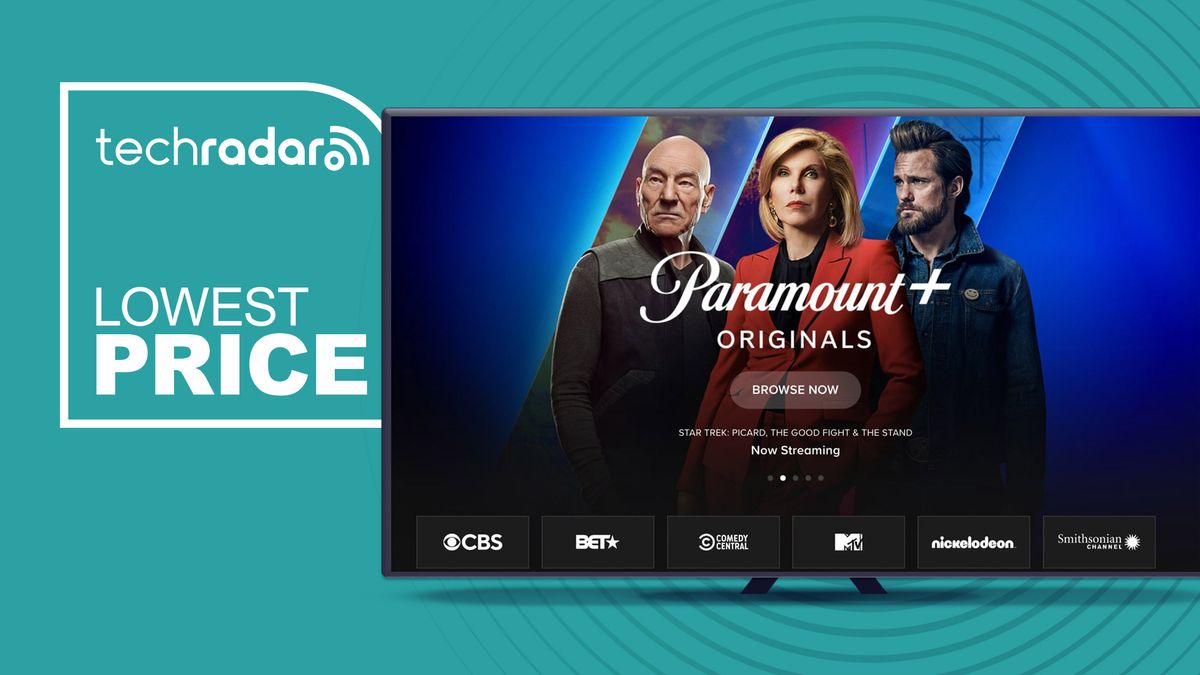Serving tech enthusiasts for over 25 years.
TechSpot means tech analysis and advice you can trust.
Why it matters: A week ago, we highlighted the surprising interview Valve co-founder Gabe Newell gave to a little-known YouTube channel, where he revealed his unconventional daily routine and passion for scuba diving. But beyond the lifestyle quirks lies a deeper, more instructive story – how a chance encounter with Steve Ballmer at Microsoft pulled Newell away from Harvard and into a 13-year tenure at the software giant. That decision not only shaped Newell's personal trajectory but also helped lay the groundwork for Valve, Steam, and the transformation of PC gaming as we know it.
Valve co-founder Gabe Newell, one of the most influential figures in the video game industry, recently provided a rare and candid interview to independent YouTuber Zalkar Saliev. This unexpected conversation covered Newell's journey from teenage hobbyist programmer to the head of a company that changed the PC gaming landscape.
Throughout the discussion, Newell reflected on pivotal moments in his career, offering glimpses into his daily life and ongoing interests. Recounting his teenage years, Newell framed programming as an unlikely career path in the 1970s. "I started programming in high school," he said. "At the time programming wasn't really a career path.
There were probably only a couple of thousand programmers in the United States, working on mainframe accounting software primarily… It wasn't like people said, 'Oh, you know, there's this huge industry where software gets developed.'"
For Newell, even video games were virtually nonexistent at the time: "I was 10 before the first video game came out, it was called Pong, so when I was a kid I thought I was going to be a doctor, and programming was what I did when I should have been doing something else."
Newell's perspective began to shift after he enrolled at Harvard and visited his brother Dan, who had just started at Microsoft. What was meant to be a short visit led to an extended stay thanks to a suggestion from Steve Ballmer.
"Steve Ballmer got mad because I was distracting Dan from doing his job and said, 'If you're going to be hanging out here, why don't you do something useful?' So I said 'fine, I'll do a little work.' And decided I'd take the quarter off and just work at Microsoft."
That quarter evolved into a 13-year stint. Newell said that his skills developed much more rapidly at Microsoft, describing it as the premier environment for programmers at the time. He noted that, at the time, Microsoft fostered a spirit of innovation and valued producing high-quality solutions at speed – a philosophy that would strongly influence the culture he later established at Valve.
Newell went on to say that learning alongside so many skilled professionals at Microsoft offered a far more valuable experience than what he would have gained by returning to university. "Hundreds or thousands of people doing it at Microsoft was way better than going back and continuing my education at university," he said.
Newell cited the distribution model of id Software's Doom as a transformative moment. The success of Doom, which reached audiences through methods outside the conventional retail and reseller channels, opened his eyes to the strategic potential of direct digital distribution – a model Microsoft, at the time, was slow to adopt.
"Microsoft seemed mired in old means of distribution and resellers that were missing the opportunity represented by the advent of networking," he said. This realization prompted Newell to consider how technology was driving rapid evolution in businesses and entertainment, and how the next generation of companies would need to reimagine their approach to reach the modern customer.
This led to the founding of Valve and the conceptualization of its landmark title, Half-Life. Newell characterized the game and the company as responses to what he saw as outdated practices in established tech firms. Half-Life's development – and Valve's culture – embodied his conviction that game design and distribution needed to break free from prevailing models to fully exploit the new opportunities created by networking and the internet.
"I was willing to put my money where my mouth was" by investing in a company that would attempt to upend prevailing industry logic and see if a different approach would resonate.
Despite Valve's enormous success, Newell described his current work life as a blend of work and retirement. "The kinds of things that I get to do every day are super awesome," he said, explaining how his daily routine includes "get up, work, go scuba diving." He added, "When you retire, you want to... stop doing your horrible job and then go do sort of what is most fun and entertaining, and so... in that sense, I've been retired a long time."
Newell also confirmed involvement in various projects, including efforts related to artificial intelligence and Steam, remarking briefly on "AI stuff" and "Steam stuff."
Newell's offhand comments come at a time when AI's role in the gaming industry is rapidly expanding, with thousands of titles on Steam reportedly utilizing generative AI technologies. While the scope of Valve's involvement in the field remains unclear, Newell's remarks suggest a continued appetite for innovation as technology and consumer expectations evolve.






 English (US) ·
English (US) ·